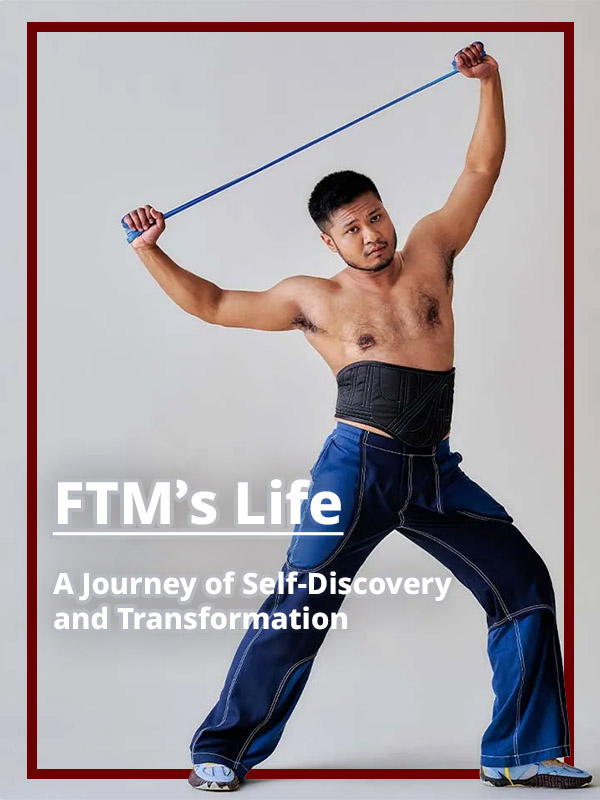Everything You Need to Know About FTM Transformation in 2024
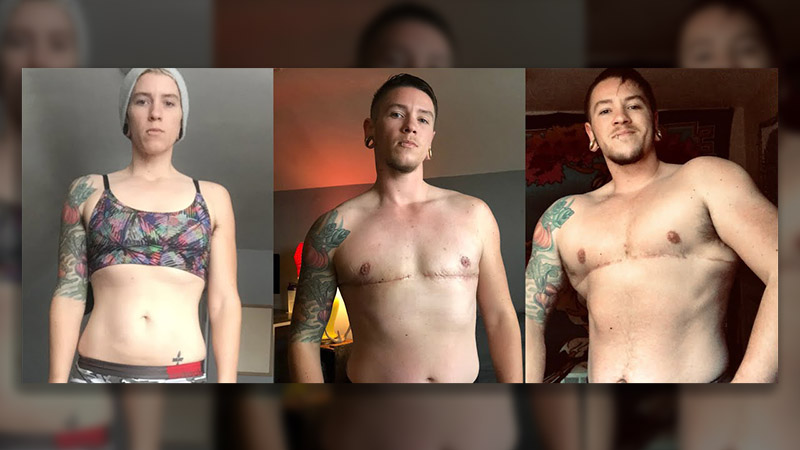
Transforming into an FTM individual needs you to know several processes. Getting to know the process and the available resources will enable you to choose the best process. It will also help you to understand what to expect while recovering.
This article will give you everything you need about FTM transitioning in 2024. These include the first steps in the FTM journey. It will also cover surgical options for FTM transformation, and personal stories and experiences.
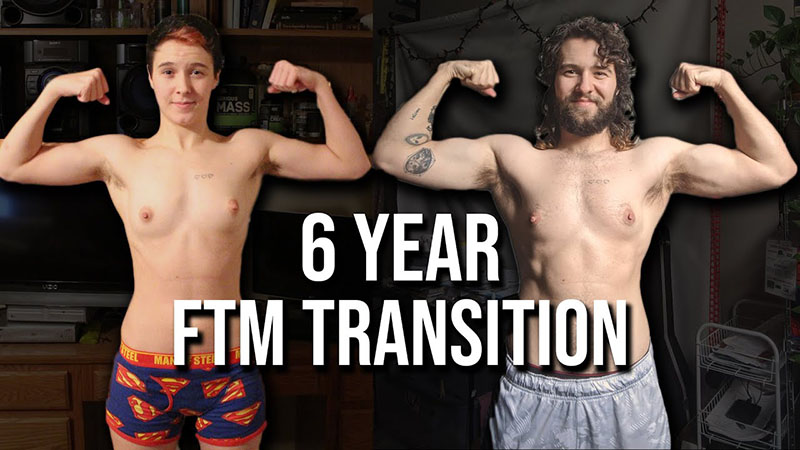
Understanding FTM Transformation
FTM transformation occurs when a person born female decides to become male. Surgery, hormone medication, and some social changes can help you adjust to your new gender.
Explanation of the Journey and What It Entails
FTM transition involves steps to guarantee your physical appearance and sex correspond with the male gender identity. Some of the changes include: change of name, usage of new pronouns, and alterations in physical appearance.
It also includes hormonal therapy, which entails using testosterone to bring changes associated with male reproductive system, such as deep voices, and facial hair. In extreme cases, you may go for surgeries, which may include chest reconstruction and surgeries on the genitals.

The procedures and the timeline differ and so makes the process unique in every person. You also need to know the process consists of counseling, medication and coming out to the society to be who you want.
Brief History and Advancements in FTM Medical Procedures
The changes in FTM transformation have occurred over four decades due to medical advancement. For instance, in 1950, Elmer Belt was the first surgeon to conduct a gender affirmation surgery.

Although in the past, the results for FTM transformations have been near minimal, the current surgical and hormone therapy have enhanced the results to be safe and efficient and can be adjusted to an individual’s preference.
Initial Steps in the FTM Journey
These steps include:
Self-reflection and Decision-making
The first step of transforming is to understand what you want through self-reflection. If you feel the need to transform due to personal reasons, then you can make a decision and start the transformation journey with the method you prefer.

Seeking Support from Family, Friends, and Support Groups
The help of family, friends, and support groups can go a long way in improving your situation during the transition.

You can also get such informational support structures in face-to-face and online support groups like The World Professional Association for Transgender Health.
Finding a Knowledgeable and Supportive Healthcare Provider
Choose doctors who will understand your needs. They should be knowledgeable in treating transgender people. You can choose endocrinologists for hormones, surgeons for surgeries, and counselors for mental health.

Hormone Replacement Therapy (HRT)
This includes:
Overview of Testosterone Therapy
Hormone replacement therapy is a procedure where surgeons introduce testosterone to the system to achieve physical changes that better fit your gender identity.
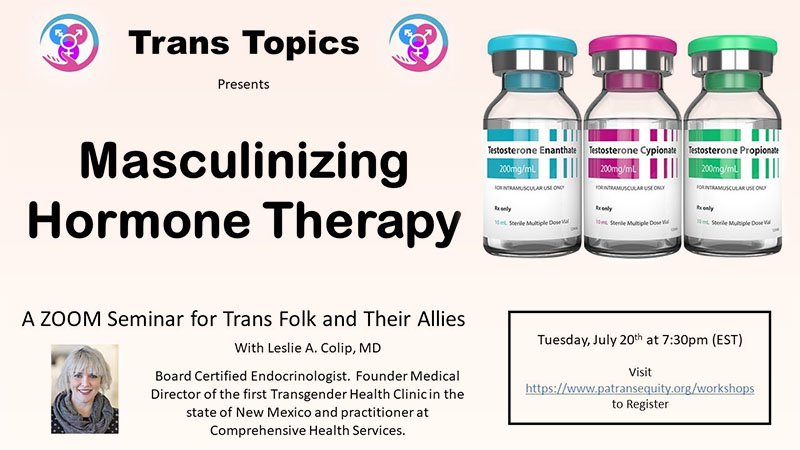
Transition of FTM, such as gaining muscles, facial hair, and voice change, relies on the administration of testosterone.
Physical and Emotional Changes During HRT
The hormonal induction includes physical changes such as deepening of the voice, increased body hair, direction change of fat distribution, and increased muscle mass. Emotional changes may consist of changing moods, sexual urges, and energy levels.

Managing Expectations and Potential Side Effects
You should reduce your expectations since the process may take time for you to see the results.
Also, take note of the potential side effects such as acne, increased red blood cell count, and issues related to the reproductive system, such as ovulation and period.
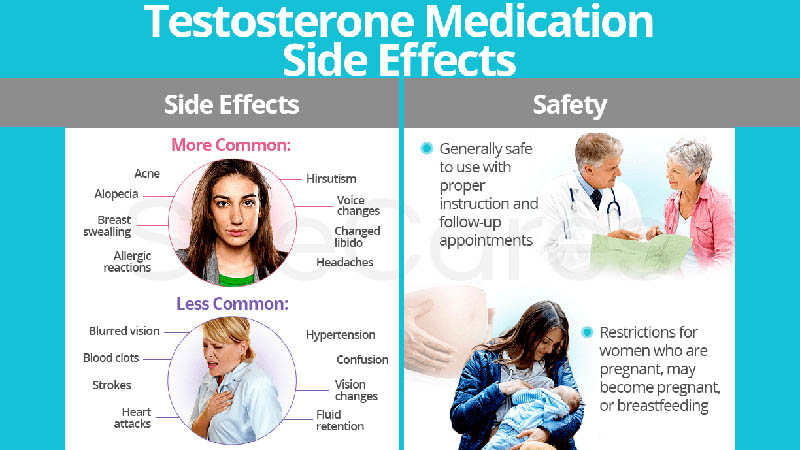
Surgical Options for FTM Transformation
Surgical options include:
Overview of Standard Surgical Procedures
The standard surgical procedures include chest reconstruction, hysterectomy, oophorectomy, phalloplasty, and metoidioplasty.
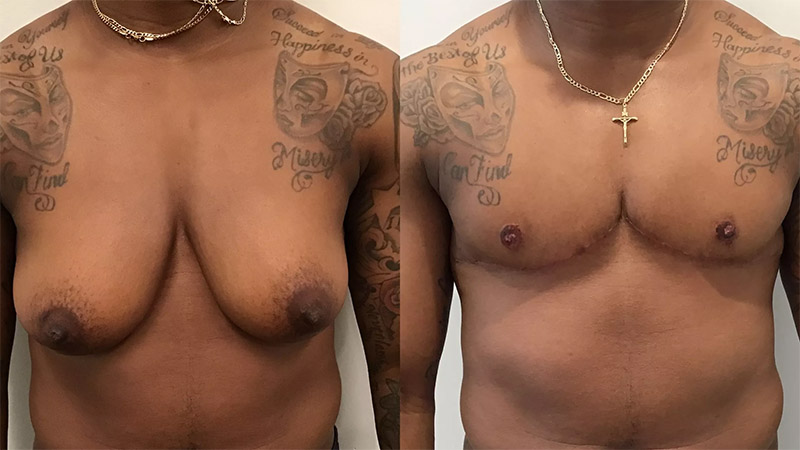
● Chest reconstruction (top surgery)
Chest reconstruction involves the removal of breast tissues to enable you to get a male chest. The procedure does not have severe risks however, you need to take good care of yourself for quick recovery.
● Hysterectomy and oophorectomy
Hysterectomy removes your uterus to make you have male reproductive features. Also, oophorectomy detaches one or both ovaries. The two procedures are done at the same time if you wish to have your reproductive system removed.
● Phalloplasty and metoidioplasty (bottom surgery)
FTM bottom surgery is metoidioplasty with phalloplasty. Phalloplasty uses abdominal muscle or skin slings to construct a penis. Metoidioplasty uses the enlarged clitoris from testosterone injections.
Risks, Benefits, and Recovery Process for Each Surgery
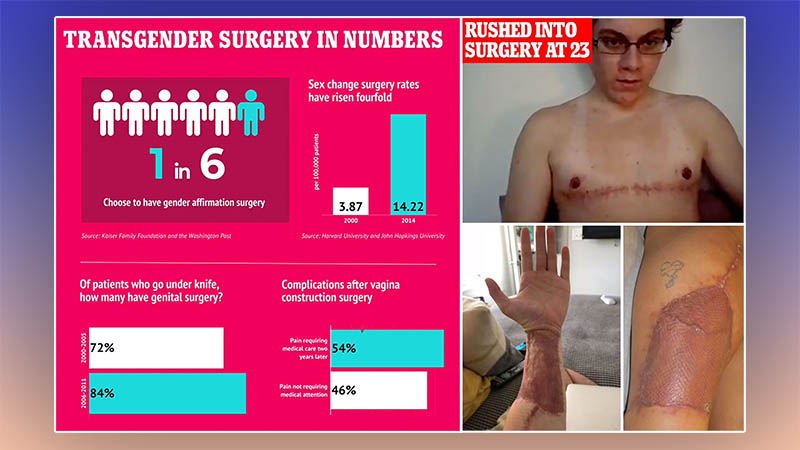
They are:
● Risks
Chest reconstruction (top surgery)
a) Lack of sensation around the nipple
b) You may bleed
c) Poor incisions healing
Hysterectomy and oophorectomy
a) Infection
b) Vaginal issues
c) Bleeding
Phalloplasty and metoidioplasty (bottom surgery)
a) Scarring
b) Less sensation
c) Urine leaks
● Benefits
Chest reconstruction (top surgery)
a) Relieve gender dysphoria
b) Improves mental health
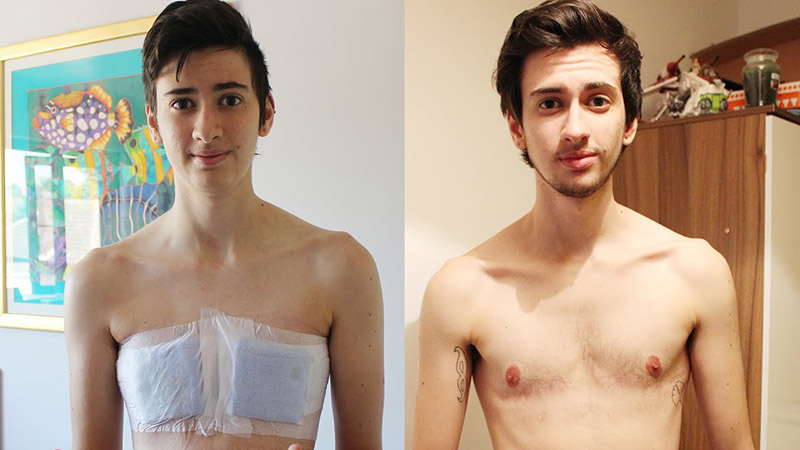
Hysterectomy and oophorectomy
a) Low chances of cancer
b) Prevents the growth and recurrence of fibroids
Phalloplasty and metoidioplasty (bottom surgery)
a) Boost confidence and self-esteem
b) Reduces gender dysphoria
● Recovery process
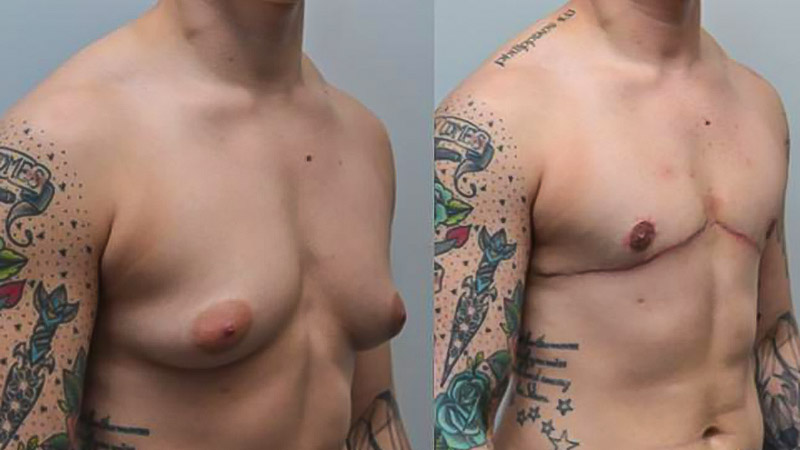
a) Chest reconstruction (top surgery)
Recovery may take 2-4 weeks, depending on how your body responds. During recovery, drains are usually removed at postoperative visits. You should not shower or wet the area until it recovers.
b) Phalloplasty and metoidioplasty (bottom surgery)
You may require a catheter for up to three weeks. Do not strain or do heavy work after the surgery until you have recovered. Also, do not engage in sexual penetration until you have recovered.
c) Hysterectomy and oophorectomy
The recovery process differs from one person to the other. However, it takes up to 6 weeks to recover. Make sure you eat a healthy balanced diet to fasten the recovery process. It would help if you restrict your daily activities until you have recovered.
Choosing the right surgical team and planning for surgery
Selecting the right team for surgery is always the right thing to do when it comes to surgery. Get in touch with the best transgender surgeons who have experience dealing with such cases.
Legal and Social Transition

This may include:
Changing Legal Documents (Name, Gender Marker)
You will write an application to the authorities in charge in your country if you wish to change your name or your gender mark in your legal documents. These documents include your driver’s license, passport, SSI card, and ID.
Navigating Social Interactions and Coming Out
Navigating entails informing other people, such as friends, relatives, fellow employees, and others in society, of your gender change. Outing and searching for ally support can be simple when you have a strategy.
Addressing Workplace and School Environments
Be aware of your rights as an FTM individual in the workplace and school environment and request for the proper measures. As an employee, it is easy to transition when you get to access many organizations’ transgender-friendly policies.
Mental and Emotional Health

For your general welfare, you may consider your mental and emotional health. This includes:
Coping with Dysphoria and Emotional Challenges
Counseling, group, and self-education are crucial for dysphoria treatment and emotional challenges since they are a form of body or social discomfort.
Importance of Mental Health Support and Therapy
Support for mental issues is critical in any transformation. You can work on your feelings and develop tools on how to handle things and or how to pass through the transition phase by using the services of a Transgender therapist. The process will boost your confidence and your self-esteem.
Building a Supportive Community and Finding Resources
Through interacting with others, you can create a robust support system. Every organization needs to develop a circle of support to help manage transitions.
You can achieve a supportive community by finding other FTM people, participating in the FTM groups, and using other support FTM literature, the internet, and associations.
Long-term Health and Maintenance

To have permanent results, you need to achieve long-term health and maintenance such as:
Regular Health Check-Ups and Monitoring
It would help if you did regular check-ups to monitor your progress. These include evaluation of chest pain, palpitations, hot flushes, annual basic blood tests, bone density scans, and general check-ups.
Maintaining Physical Fitness and Overall Well-Being
You need to exercise and have a healthy lifestyle as much as you can to maintain your frame. Proper nutrition, daily physical activity, and a healthy lifestyle enhance your health.
Managing Long-Term Side Effects of HRT and Surgeries
You can manage the long-term side effects of HRT by getting enough rest, eating a healthy, balanced diet, and managing health conditions through medicine. You should also be updated on issues related to the care of transgender individuals.

Personal Stories and Experiences
Many transgender individuals come out to share their stories and experiences to create awareness and encourage others.
Sharing Personal Stories from FTM Individuals
● Elliot Page
Elliott Page is one of the known FTM individual who says being a trans gender saved him. He shares his life journey and experience to the public. Elliott says that doing research and reaching various articles on transgender enabled him to transform well. He also talks about how the support groups helped him to understand his journey.

● Tim McCoy
Tim says that he knew he was different at the age of three. Throughout his life he felt like a man from within. He worked so hard to ensure his outer looks matched with his inner identity despite the challenges he experienced.

Lessons Learned and Advice for Those Considering Transition
If you are considering FTM transitioning, you will face various challenges. To overcome them, you should:
a) Prioritize self-care
b) Mental health care
c) Look for coping mechanisms
d) Look for support groups
Highlighting Diverse Experiences Within the FTM Community
FTM members have diverse experiences. They vary in age, origin, and life stage. They also have diverse socioeconomic and cultural beliefs about themselves and the opposite sex. Focusing on this variety helps us understand the struggles and successes of others in the community.
Conclusion

FTM transformation is a personal decision. However, reading the guide would help, providing essential information on hormone therapy, surgery, legal and social transition, and general health management.
It is crucial to remember that your transition journey is different from others. Therefore, you need to be patient and hopeful while transitioning. Use support groups such as WPATH and other online articles and books.
FAQs
Some frequently asked questions include:
What are the costs associated with FTM transformation?
FTM transformation costs are not constant. They may vary based on the demographic area and the changes you want.
How long does the FTM transformation process take?
The transformation process may vary from one person to the other. For instance, seeing significant results may take 2-4 years.
Are there non-surgical options for transitioning from female to male?
Yes. One of the common non-surgical treatments is hormone therapy. Also, you may consider wearing banabuddy binders which substitute chest surgery. Lastly, you can use banabuddy packers such as soft packers as an alternative to bottom surgery.

 Basic Packers
Basic Packers Pack & Play
Pack & Play STP
STP
